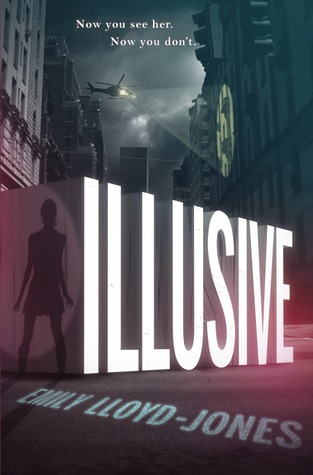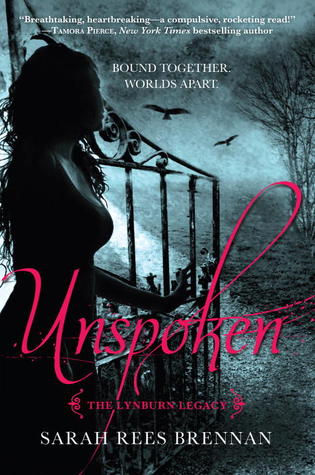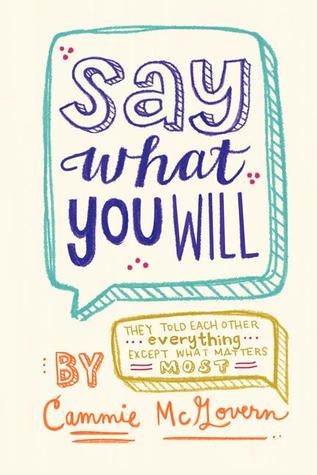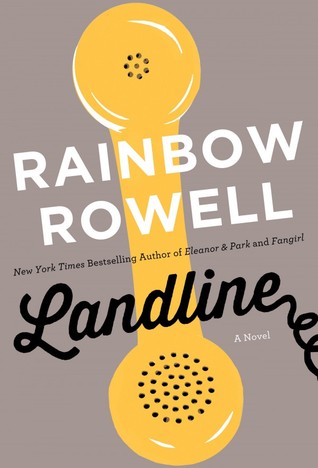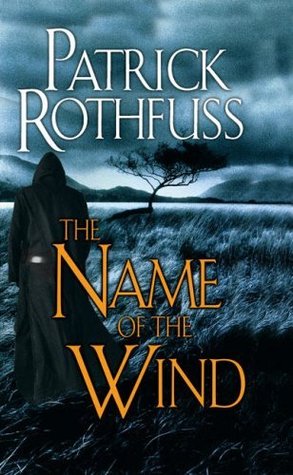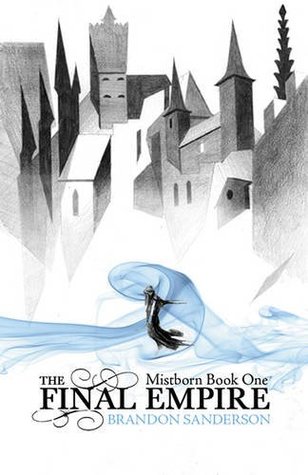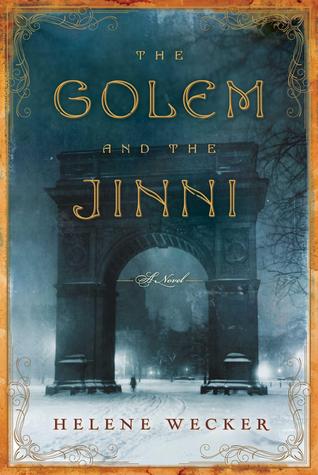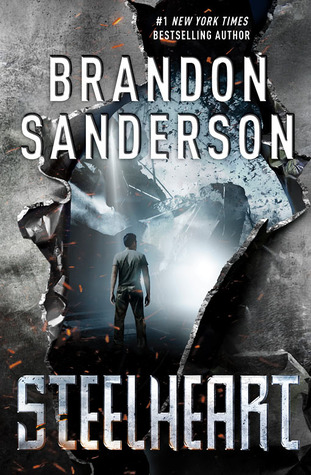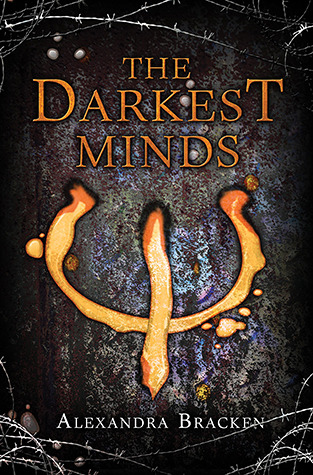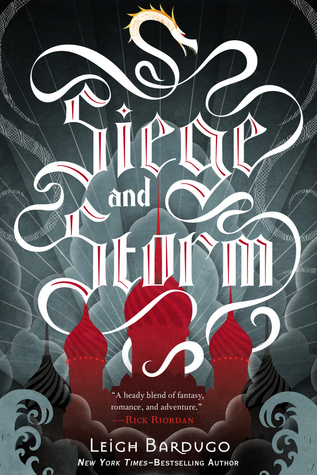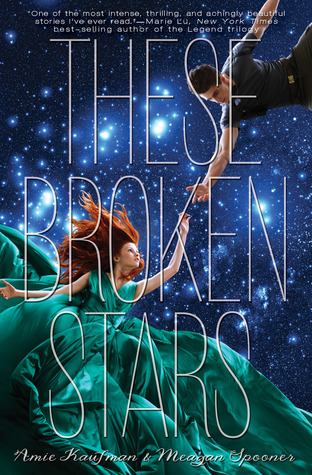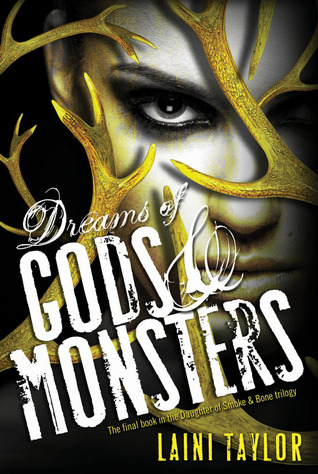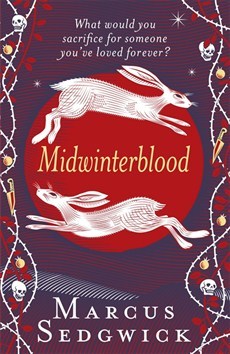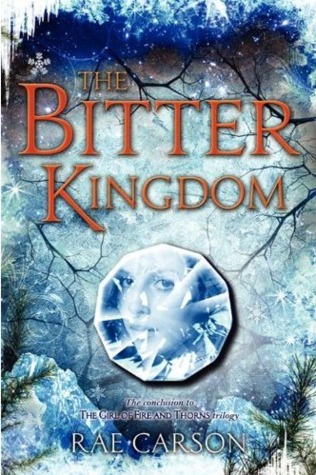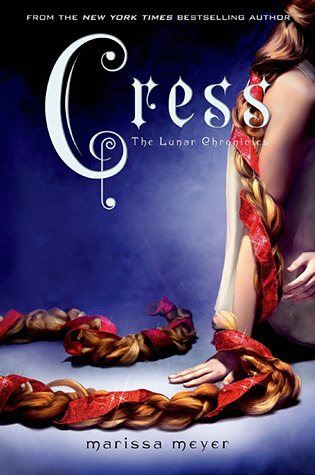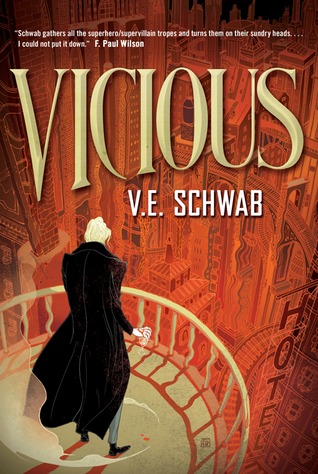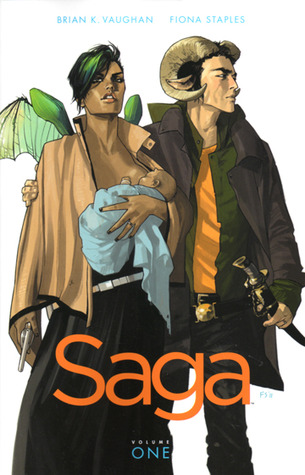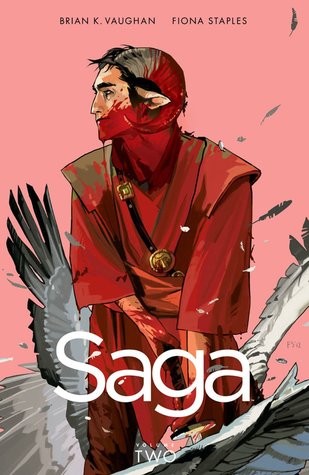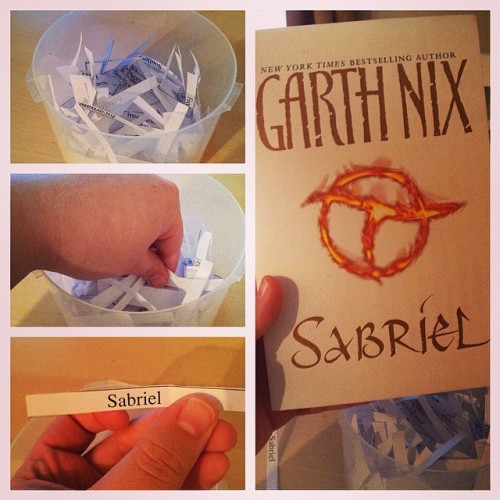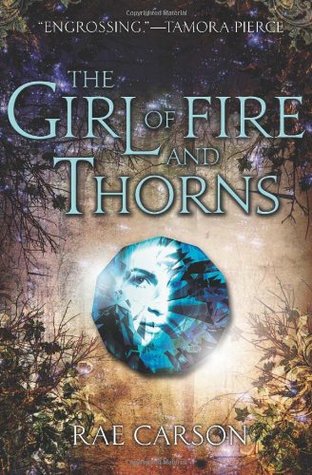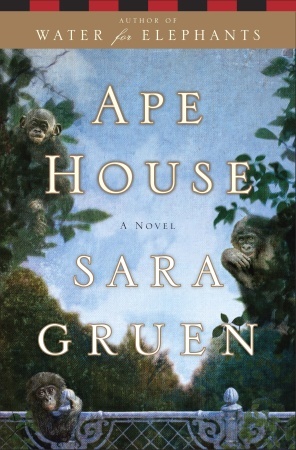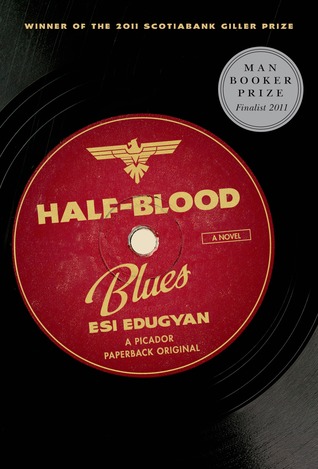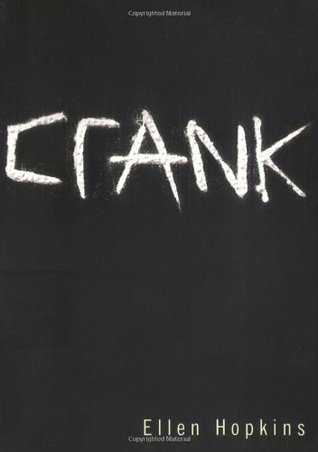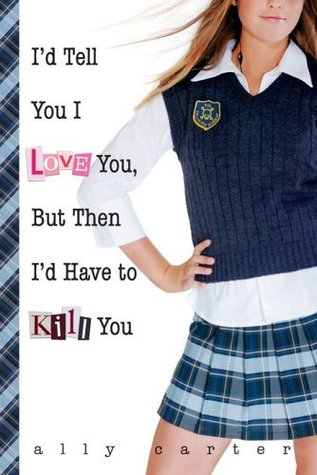 Under the Never Sky Trilogy by Veronica Rossi
Under the Never Sky Trilogy by Veronica Rossi ★★★☆☆
Aria has lived her whole life in the protected dome of Reverie. Her entire world confined to its spaces, she's never thought to dream of what lies beyond its doors. So when her mother goes missing, Aria knows her chances of surviving in the outer wasteland long enough to find her are slim.
Then Aria meets an outsider named Perry. He's searching for someone too. He's also wild - a savage - but might be her best hope at staying alive.
If they can survive, they are each other's best hope for finding answers.
When I decided on a whim to try marathoning another series, I'm glad I picked this one. It was quick, fun and action-packed.
I made an impromptu library run with my sister during the Bout of Books 10.0 readathon and saw that book
Through the Ever Night and
Into the Still Blue were in. With book 1 sitting at home on my shelf, I decided to stray from my TBR and do another trilogy marathon.
It ended up being a good choice.
Under the Never Sky suffers a bit from being book 1 in a tentative trilogy. And by that I mean, some of the super important resolution stuff near the end felt like I was going through it with the remote on fast-forward. Like Rossi was trying to cram in a bunch of resolution and denouement into as few pages a possible, to tease at a sequel but without having to commit to one necessarily.
Book 2 picks right up where book 1 sort of vaguely left you hanging. But by this point, it's clear there's going to be more, because book 2 is all about the set up. Not that important things don't happen here, but it's obvious there's a larger goal, a larger scope to the conflict here.
Book 3 then takes you through that conflict. And though I felt parts of
Into the Still Blue were not quite as smooth narratively as they could've been, it was still a darned good conclusion to the trilogy.
All right. But at 4 stars, I did enjoy the series, but I never really loved it. I never got quite as invested in the characters and the world as I did in
marathoning another series. I felt a lot of the time that I was sitting above everything, skimming the surface, instead of being as fully immersed as I could've been.
Part of this, I think, is that I didn't actually really like Perry that much. And with dual perspectives, half of the trilogy is in his voice. I've had a hard time pinning down exactly what it was I didn't like about him. And I will admit, that as the trilogy progresses, he grew on me. But he was never a swoon worthy love interest for me. All the more power to you, Aria, you go get him...
I'll just be over here with Roar.
I almost think that's the problem there. You can either be a Perry-person or a Roar-person. And I am definitely Team Roar. Now, I don't want to imply that there's a love triangle here, because that is the furthest thing from the truth with this series (thank god). Aria and Roar's friendship was one of the highlights of the series for me. But there was something about Roar as a character that I clicked with better than with Perry.
Regardless, I did truly enjoy Aria as a character, though. She was interesting, flawed, strong and stubborn. She was smart and very capable as the series progressed. She was a solid female lead and I appreciated her as a character.
The series also does a great job at portraying complex friendships and relationships. There were a lot of varied dynamics between the many characters. And spread out over the course of a whole trilogy, it was very interesting to see how those characters and their relationships changed.
The worldbuilding here is also interesting. It's a different mix. Aria's world is highly technological. Perry's world is not. The contrast was striking. That combined with the ever-present threat of the Aether meant there was bit of mental adjusting that needed to go on to get used to all the terms and realities of this complex world. That said, there was still some stuff that I think only barely scratched the surface. There were parts of the world and mythos and culture that was hinted at in places, but never fully explored. And things that were brought up when convenient to the plot and then dropped when not.
Lastly, despite all the build up and then desperate desire to find the Still Blue, I never really felt that the stakes were high. Or, at least, certainly not as high as they should've been.
People die in this trilogy, don't get me wrong, but those who do aren't really main characters. They are side characters that you've grown attached to, but the emotional impact of their deaths wasn't really there. It was a weak spot in the narrative, I think. There could have been more major casualties.
But even as I was racing through the second half of Into the Still Blue, I never really expected to get anything other than a happy ending. Even as Perry was lost and Sable was inflicting his brutality, I still knew it would all get nicely and neatly tied up with a bow by the end. And I wasn't wrong.
But that expectation, set by the narrative, sort of weakened some of the final dramatic moments of the trilogy. Because it didn't do anything to surprise me. Not really.
Regardless, it was still immensely fun and completely worth it. I'm really glad to have read the series. I'd definitely recommend giving it a go, especially if you like your dystopians fast-paced.





